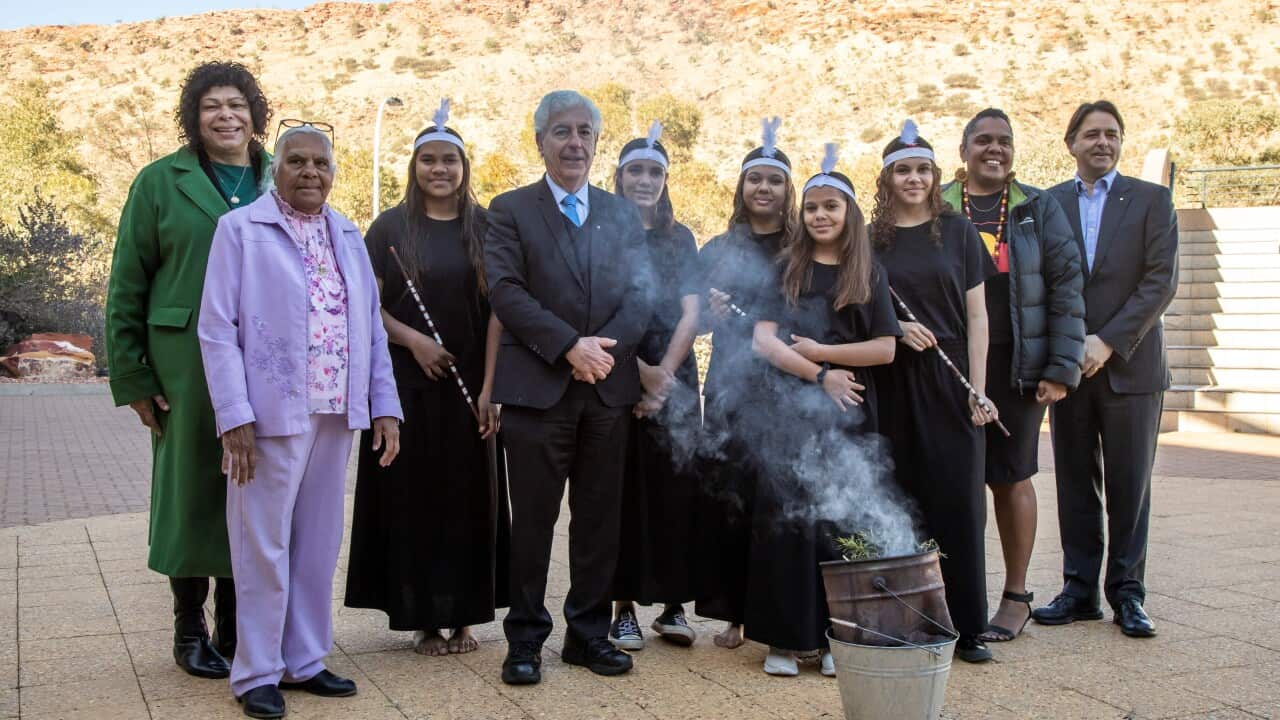Critics say the current National Disability Insurance Scheme needs a First Nations lens and communities must play a greater role for caring for their own.
Paulette's story is far too common. She had to move away from her home community of Gunbalanya in western Arnhem Land just to access the services she needs.
"The carers from Darwin come to my place, my house, to clean my house and to wash me and wash my clothes," she said.
But life in Darwin has meant a life without family.
"I have a house here but not it's an NDIS house, so they aren't allowed to stay. My husband stays with me for a while over Christmas but he's not allowed to stay now."
A lack of disability support services in the bush is what's forcing people like Paulette to move off Country.
And critics of the National Disability Insurance Scheme say it's failing First Nations people who live in the bush.
Damian Griffis, from the First Peoples Disability Network (FPDN), said as a nation, "we're failing miserably".
"We aren't providing meaningful support to some of Australia's most vulnerable people, namely First Nations people with disability, particularly our people that are living in regional and remote Australia," he said.
FPDN says it's been lobbying for change in the way the NDIS is designed and delivered, for more than a decade.
It says a First Nations voice is urgently needed to help guide better outcomes.
"What needs to happen is a genuine power-sharing co-design approach between experts from the First Nations communities and from community members, in partnership with the National Disability Insurance Agency that clearly articulates what we want to achieve," Mr Griffis said.
Critics of the NDIS say there's not enough value placed on the skills, knowledge and expertise of First Nations people to care for their own.
And that more needs to be done to upskill remote communities to fill the gaps visiting specialist service providers simply can't.
The Royal Commission hearing in Alice Springs will hear its final day of evidence tomorrow.











